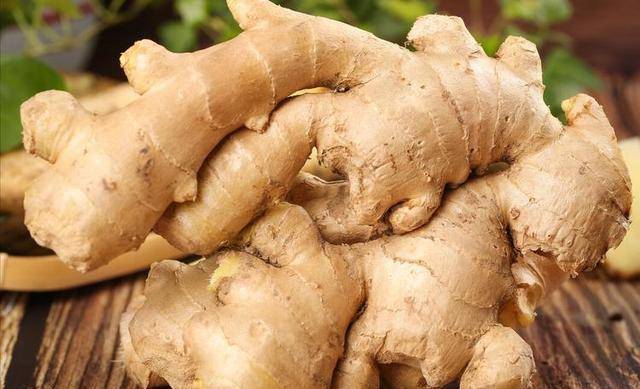Hypertension, a common health issue among modern individuals, is often closely related to our dietary habits. In daily life, we often hear about dietary taboos for hypertensive patients, with the statement “hypertensive patients should not eat ginger” drawing significant attention. So, can hypertensive patients really not eat ginger? What advice do doctors offer on this matter? This article will delve into this issue and reveal the foods that hypertensive patients should truly avoid.
Firstly, let’s understand ginger. Ginger is a common spice with a unique spicy taste and aroma, widely used in various dishes. Ginger contains multiple active components such as gingerol, gingerol, which possess various biological activities like antioxidant, anti-inflammatory, antimicrobial properties.
Moderate consumption of ginger is beneficial for promoting digestion, dispelling cold, keeping warm, and relieving fatigue. However, whether ginger is suitable for consumption by hypertensive patients is a subject that needs careful consideration.
In fact, ginger itself does not directly increase blood pressure. On the contrary, some studies indicate that certain components in ginger may help lower blood pressure. However, this doesn’t mean that hypertensive patients can consume ginger freely. Because the constitution and conditions of hypertensive patients vary, their reactions to foods will also differ.
Furthermore, the spiciness of ginger can potentially stimulate blood vessels, causing vascular constriction and indirectly affecting blood pressure. Therefore, hypertensive patients should consume ginger in moderation and avoid excessive intake.
So, what are the foods that hypertensive patients should truly avoid? Doctors point out that there are two types of foods that hypertensive patients should try to avoid as much as possible:
The first is high-salt foods. Salt is one of the main causes of hypertension. Excessive salt intake can lead to water retention in the body, increase blood volume, thereby raising blood pressure. Therefore, hypertensive patients should strictly control salt intake in their daily diet, avoid consuming overly salty foods such as preserved foods, pickles, etc. Additionally, attention should be paid to hidden salt intake, as condiments like soy sauce, monosodium glutamate also contain a certain amount of salt.
The second is high-fat foods. High-fat foods not only lead to obesity but also increase cholesterol and triglyceride levels in the blood, thickening and hardening the blood vessel walls, thereby worsening hypertension. Therefore, hypertensive patients should try to avoid high-fat foods such as fatty meat, animal organs, fried foods, as well as control total calorie intake and maintain a proper weight.
In addition to avoiding high-salt and high-fat foods, hypertensive patients should follow the following principles in their diet:
First, maintain a balanced diet. Hypertensive patients should consume sufficient proteins, vitamins, minerals, and other nutrients to maintain normal metabolism and health. They can eat more foods rich in trace elements like potassium, magnesium, such as beans, nuts, green leafy vegetables, etc.
Second, consume dietary fiber in moderation. Dietary fiber helps lower cholesterol, improve intestinal function, benefiting the health of hypertensive patients. They can eat more foods rich in dietary fiber such as coarse grains, mixed grains, fruits, etc.
Third, quit smoking and limit alcohol intake. Smoking and excessive alcohol consumption worsen the condition of hypertension, so hypertensive patients should quit smoking and limit alcohol consumption to maintain a healthy lifestyle.
Fourth, monitor blood pressure regularly. Hypertensive patients should monitor their blood pressure regularly, understand their blood pressure status, to adjust their diet and medication plans promptly.
In conclusion, hypertensive patients are not completely prohibited from eating ginger, but they should consume it in moderation. Furthermore, they should avoid high-salt and high-fat foods, maintain a balanced diet, and a healthy lifestyle. Through scientific dietary adjustments and medication treatment, we can effectively control hypertension and maintain good health.


